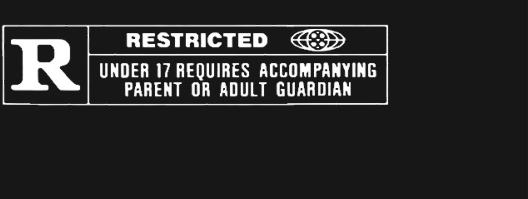January 16, 2024
The Zone of Interest
Haunting.

Screened at the 2024 Palm Springs International Film Festival.
The fourth film from Jonathan Glazer, his first since ‘Under the Skin’ in 2013, follows his pattern of creating full-on mood pieces. As unsettling and strange as that film may have been for some, or many, it was undoubtedly good preparation for tackling this adaptation of the late Martin Amis’ novel of the same name, about a family in Germany that lives next door to the Nazi concentration camp Auschwitz during the atrocities of World War II.
It was interesting to revisit the film’s two trailers after viewing the film, each just one minute long - quite short by today’s standards. At first my feeling was they didn’t want to show too much, and save it - and it’s most talked about “character,” the sound design - for the film instead. Even though this was going to be a minimal film, and perhaps because not much could be conveyed in a standard-length trailer, I felt they wanted to save the impact for the full feature. This made the anticipation grow, wondering what exactly we were going to experience. In a sense, that is the case here, but it wasn’t the sound design that was most horrifying here.
While constantly hearing the muffled sounds from the camp next door was effective - gun shots, screaming, crying, trains pulling in at all hours of the night full of “passengers,” the constant industrial roar and hum of the chimneys, ovens and fires - it was the quiet indifference (or SEEMINGLY indifference) and lack of empathy on any level from the lead characters that was so difficult to watch. I’ve decided not to explain further why I use the word “seemingly” as the reason could be considered a “spoiler.” But like most of the film, the moment is rather simple, quietly portrayed, and requires strict attention in order to, in my view, feel the most impact of the story.
‘The Zone of Interest’ requires from the opening scene that the viewer let go and allow themselves be absorbed completely by what’s on screen, and emanating from the speakers (including a very haunting and unusual score). What makes such a horrific time in history as watchable as it is here comes from how Glazer contrasts most of the evil implied against the beauty of the German countryside, the sunny disposition, the muted pastels, the bright flowers. It not only lets you stay in this world for the full running time, but gives you a sense of how easy it can be for many to turn their heads when the absolute worst of crimes against humanity are occurring in their backyard. Literally in their backyard.
While not as good overall as I had anticipated, there is no question in this day and age how incredibly important this film is, to understand better how it CAN happen here, or there, or wherever you are. It’s those who sit by and do nothing, say nothing, and normalize it through that behavior who are just as guilty as those committing the most terrible of crimes against our fellow human beings. That is what’s portrayed here, along with the haunting passing of time and how it affects perceptions, with the consequences depicted only through sound to “compliment” the story.
A very good film. A very important film. Room for improvement? Yes, which holds this back from being a vital watch. But important nonetheless.






